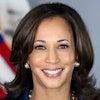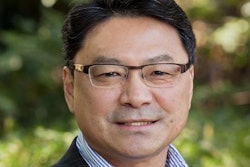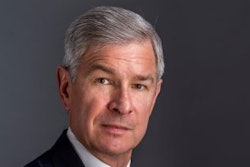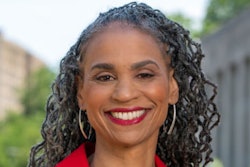 Student, faculty, and public protestors come together at Washington Square Park near New York University on April 23, the day after NYU leaders directed the NYPD to arrest over 130 protestors.
Student, faculty, and public protestors come together at Washington Square Park near New York University on April 23, the day after NYU leaders directed the NYPD to arrest over 130 protestors.
The majority of protesting students are calling for their institutions to disclose their investments and to divest from any funding or connections with Israel, whether that’s through military defense contracts or in partnership with Israeli institutions. These protests have arisen in response to the Israeli war waged in Palestinian territory, which has killed roughly 35,000 people, 14,500 of which are children.
Many institutions, like Columbia University, the University of Texas at Austin, The University of California Los Angeles, the University of South Florida, the University of Massachusetts Amherst, and more, have sent in police departments and state troopers to discharge these camps and protestors. Footage has been captured of police using tear gas and physical force against these students. Injured students have posted selfies on their social media of wounds inflicted by rubber bullets. In total, more than 2,400 arrests reportedly have been made on campuses, including students and faculty members of all races, genders, and religions.
But a few other institutions have chosen non-physical means of compromise. Brown University and Northwestern University (NU) made concessions to their students to end their encampments. NU has agreed to create a culturally supportive space for Middle East/North African (MENA) and Muslim students. It will also consider more culturally appropriate food in their dining halls. But they have not agreed to divest or disclose.
Brown, meanwhile, has agreed to consider divestment proposals, but will wait until October for a final vote on the matter. Brown and NU declined requests for comment and deferred to their pre-written statements.
 Dr. Dexter Gordon, executive vice president of The Evergreen State College in Olympia, Washington.
Dr. Dexter Gordon, executive vice president of The Evergreen State College in Olympia, Washington.
“Ultimately, the goal is to build trust, promote inclusivity and create a supportive environment where student voices are valued and respected,” said Gordon.





















